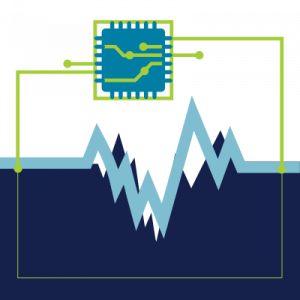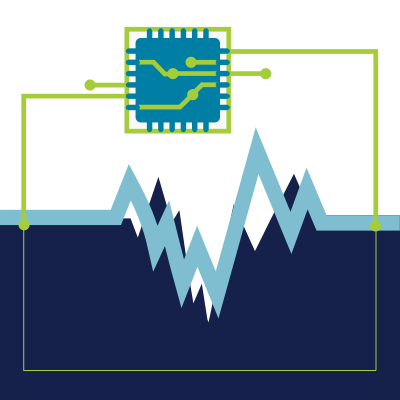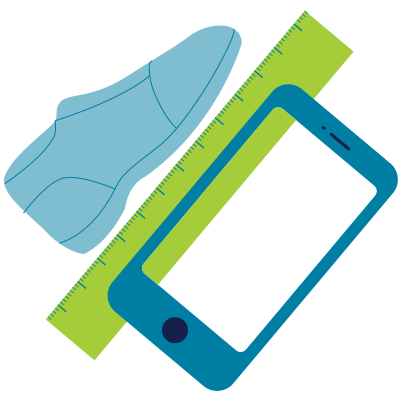
A recent Canadian community health survey [REF] reported a perceived need for mental health care; 19% of respondents indicated limitations in the healthcare system and 73% identified personal circumstances (such as being too busy) as barriers to adequate care. In addition to the lack of accessible interventions, clinical methods for assessing mood-related mental health disorders rely on self-reported retrospection which is susceptible to recall bias.
This combination of lack of accessible interventions and limitations in clinical practice provide a strong motivation to develop more accurate, accessible tools that can assess, and potentially inform treatment of, mental health disorders.
A promising technique to address these concerns is digital phenotyping. Digital phenotyping uses a combination of active, self-reported assessments on factors such as mood, stressors, and sleep in the patient’s natural environment, and passive collection of data such as actigraphy, phone usage, and ambient noise levels. Collecting the data at multiple times throughout the day enables a more accurate assessment of mood, and consequently, could allow better diagnostic and treatment, with the potentiality of real-time intervention. Since the active and passive data can both be collected through a personal smartphone, this offers a potential avenue to bridge the gap in accessing care.
Other research groups have shown promising results in predicting, e.g., Schizophrenia relapse using digital phenotyping. In collaboration with clinicians and psychiatrists, the Kundur group aims to employ digital phenotyping to predict major depressive disorder relapse in a clinical youth population (MDD-Y). While antidepressants and psychotherapy are effective in treating acute MDD-Y, 40-70% of youth experience relapse of recurrence necessitating the critical need for early detection of mood deterioration to prevent repeating episodes. This research aims to characterize MDD-Y using digital devices to develop and validate predictive models for MDD-Y relapse/recurrence. Multiple data sources including actigraphy and ecological momentary assessment from mobile and wearable devices as well as audio and video data and electronic medical records are studied for in relation to data-driven and analytical models for their performance in prediction.
Collaborators:
Dr. John Strauss
Dr. Marco Battaglia
Students:
Christopher Lucasius (PhD)
Saima Ali (PhD)
Eric Liu (MASc)




